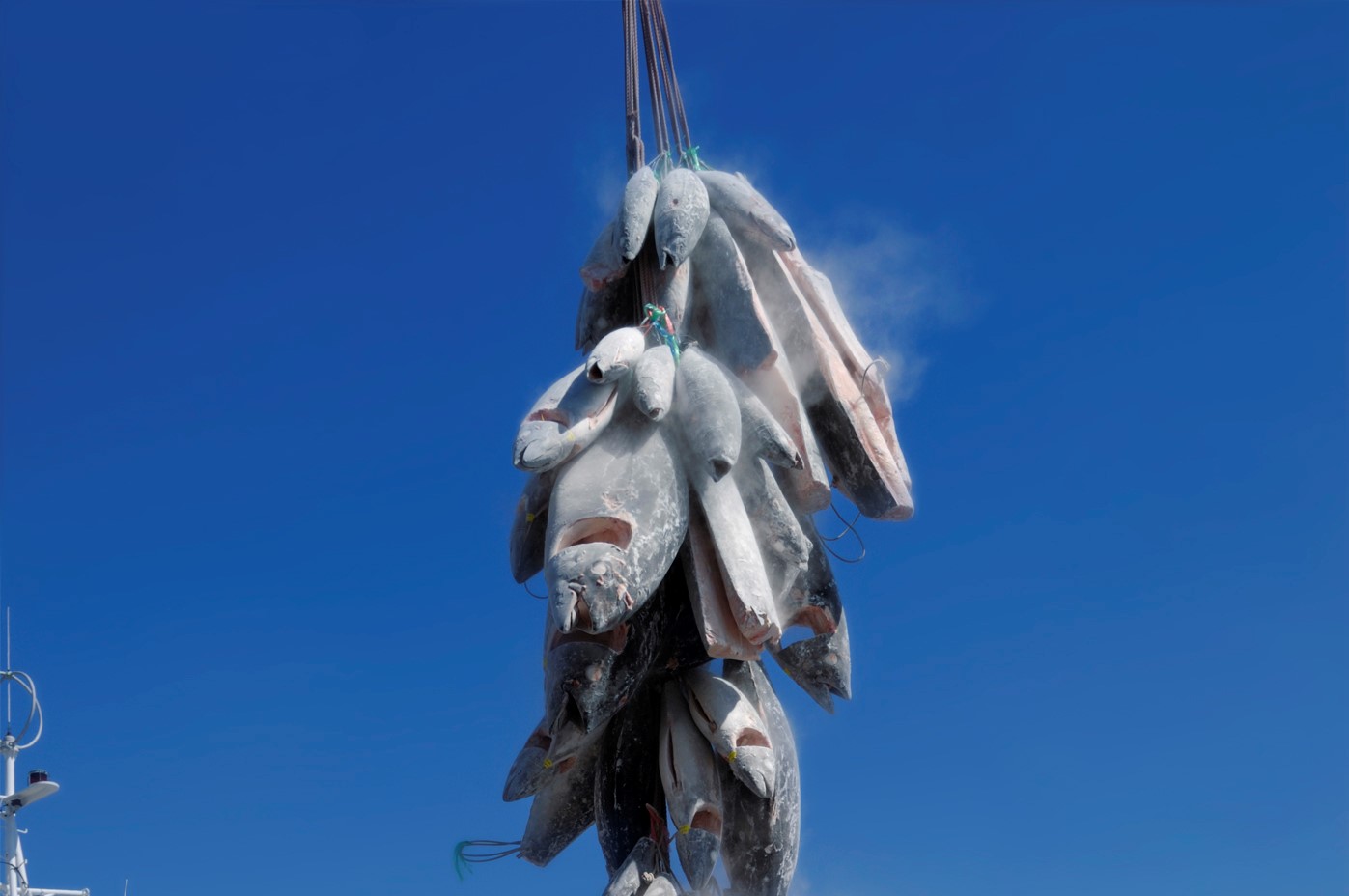
In the context of fisheries, the practice of transhipment is generally defined as something along the lines of “the unloading of all or any fishery products on board a fishing vessel to another fishing vessel”. While the practice of transhipment has been a longstanding part of the global tuna fisheries landscape, relatively little is known about the ‘business’ of transhipment outside of the main players involved. In order to improve understanding of the sector in the ICCAT area, The Pew Charitable Trusts commissioned MRAG Asia Pacific to undertake a study of the ‘business ecosystem’ of transhipment. The study serves as a complement to a similar study completed for the Western and Central Pacific Ocean in 2019.
The main aims of the study were to:
Importantly, it was not the aim of the study to review or critically assess the effectiveness of the current management and monitoring regimes governing transhipment activities at national or international levels.
Information to support this report was drawn from four main sources:

info@mragasiapacific.com.au
(07) 3371 1500
2/29 Woodstock Road
Toowong QLD 4066
© 2021 MRAG Asia Pacific. All Rights Reserved.